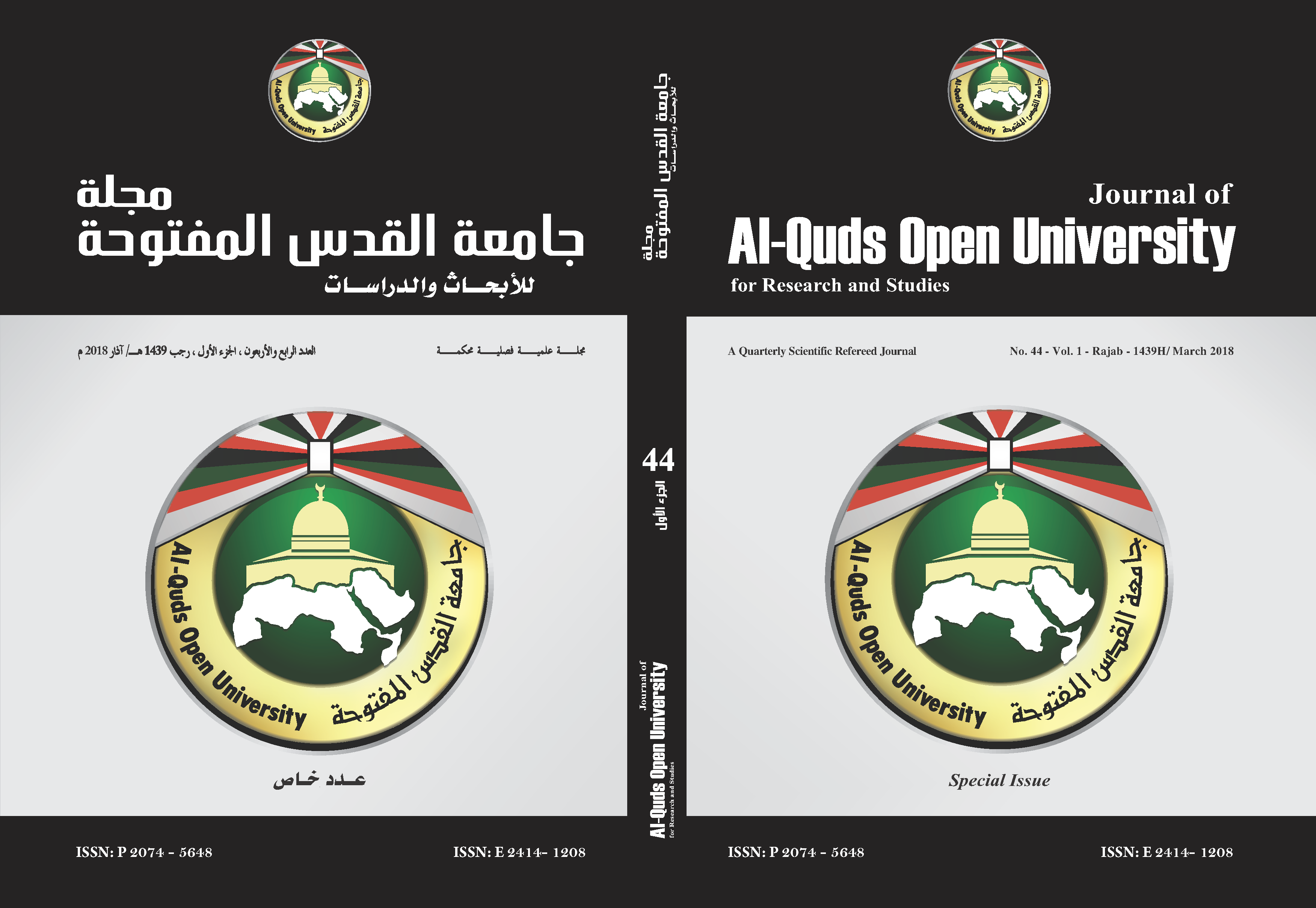Strategies of Making Suggestions by Jordanian and American Undergraduate University Students
Keywords:
Contrastive Pragmatics, Linguistic Competence, Pragmatic Competence, Semi Modals, Speech act, Suggestion strategies.Abstract
The purpose of this contrastive pragmatic study is to investigate the similarities and differences between the strategies used by Jordanian and American undergraduate university students when making and responding to suggestions. Furthermore, this study aims at investigating the most frequent suggestion strategies used by Jordanian and American undergraduate university students for making and responding to suggestions. To this end, sixty undergraduate university students, thirty undergraduate Jordanian university students of various majors studying at Philadelphia University, and thirty undergraduate American university students of various majors studying at The State University of New York were asked to complete a Discourse Completion Task (DCT) consisting of sixteen situations in which their suggestion act was explored. The research data were analyzed descriptively using frequencies and percentages. The results revealed the variations in almost most of the suggestion types.
Downloads
Published
How to Cite
Issue
Section
License
- The editorial board confirms its commitment to the intellectual property rights
- Researchers also have to commit to the intellectual property rights.
- The research copyrights and publication are owned by the Journal once the researcher is notified about the approval of the paper. The scientific materials published or approved for publishing in the Journal should not be republished unless a written acknowledgment is obtained by the Deanship of Scientific Research.
- Research papers should not be published or republished unless a written acknowledgement is obtained from the Deanship of Scientific Research.
- The researcher has the right to accredit the research to himself, and to place his name on all the copies, editions and volumes published.
- The author has the right to request the accreditation of the published papers to himself.













_2.png)
_.png)
_2.png)
_1.png)
_.png)

